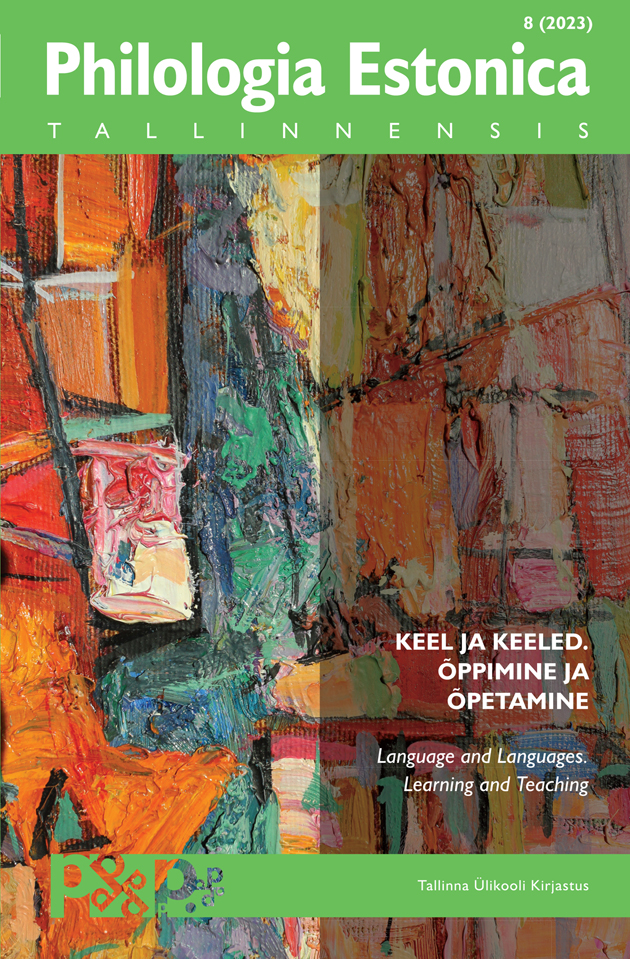ÜLEMINEK EESTIKEELSELE ÕPPELE. VENE DOMINANTKEELEGA TARTU LASTEVANEMATE HOIAKUTE UURIMISEST
TRANSITION TO ESTONIAN-MEDIUM EDUCATION – A STUDY OF THE ATTITUDES OF RUSSIAN-DOMINANT PARENTS IN TARTU
Author(s): Birute Klaas-Lang, Kristiina Praakli, Diana VenderSubject(s): Foreign languages learning, Language acquisition, Finno-Ugrian studies, Eastern Slavic Languages
Published by: Tallinna Ülikooli Kirjastus
Keywords: transition to Estonian-medium education; Russian-language educational institutions in Tartu; parents; inclusion; language attitudes;
Summary/Abstract: In the fall of 2024, all state and municipal schools in Estonia will begin a gradual transition to Estonian-medium education. The city of Tartu will start faster, and in the fall of 2023, will begin teaching only in Estonian in the 1st, 4th and 7th grades of Estonian-Russian bilingual elementary schools and in Russian and immersion kindergartens. The article presents the ongoing research to support Tartu´s EstonianRussian bilingual educational institutions (five in total) in this process, its theoretical foundations, the methodology, and discusses the results of the first stage of research. The focus of the article is the opinions of bilingual educational institutions about the attitudes of parents with a dominant Russian language, using the researchers’ documentation and diary notes from a total of five meetings as data. We also compare the data with a quantitative survey conducted among parents, which mapped the problems raised by the transition to Estonian-language education (BUI 2023). In the article, we present the interpretation of educational institutions about the possible attitudes of parents in two subsections: 1) parents’ awareness of the transition to Estonian-medium education; and 2) parents’ possible fears and the problems raised regarding the change in the language of instruction. It can be stated that since obtaining information about the transition process has largely remained the initiative of parents, it has amplified distrust, fears, and misconceptions about learning in a second language. Parents’ concerns and raised issues are primarily related to students’ academic progress, challenges related to learning in a second language, issues of students’ self-definition and their language and culture of origin, and the language of communication between educational institutions and parents. Further research (discussion meetings and individual interviews with parents in bilingual educational institutions) must show in more detail the problem areas of the transition to Estonian-language education, as well as what solutions the parents themselves offer in order to make the transition process and learning in the Estonian language go smoothly.
Journal: Philologia Estonica Tallinnensis
- Issue Year: 8/2023
- Issue No: 1
- Page Range: 71-94
- Page Count: 24
- Language: Estonian

